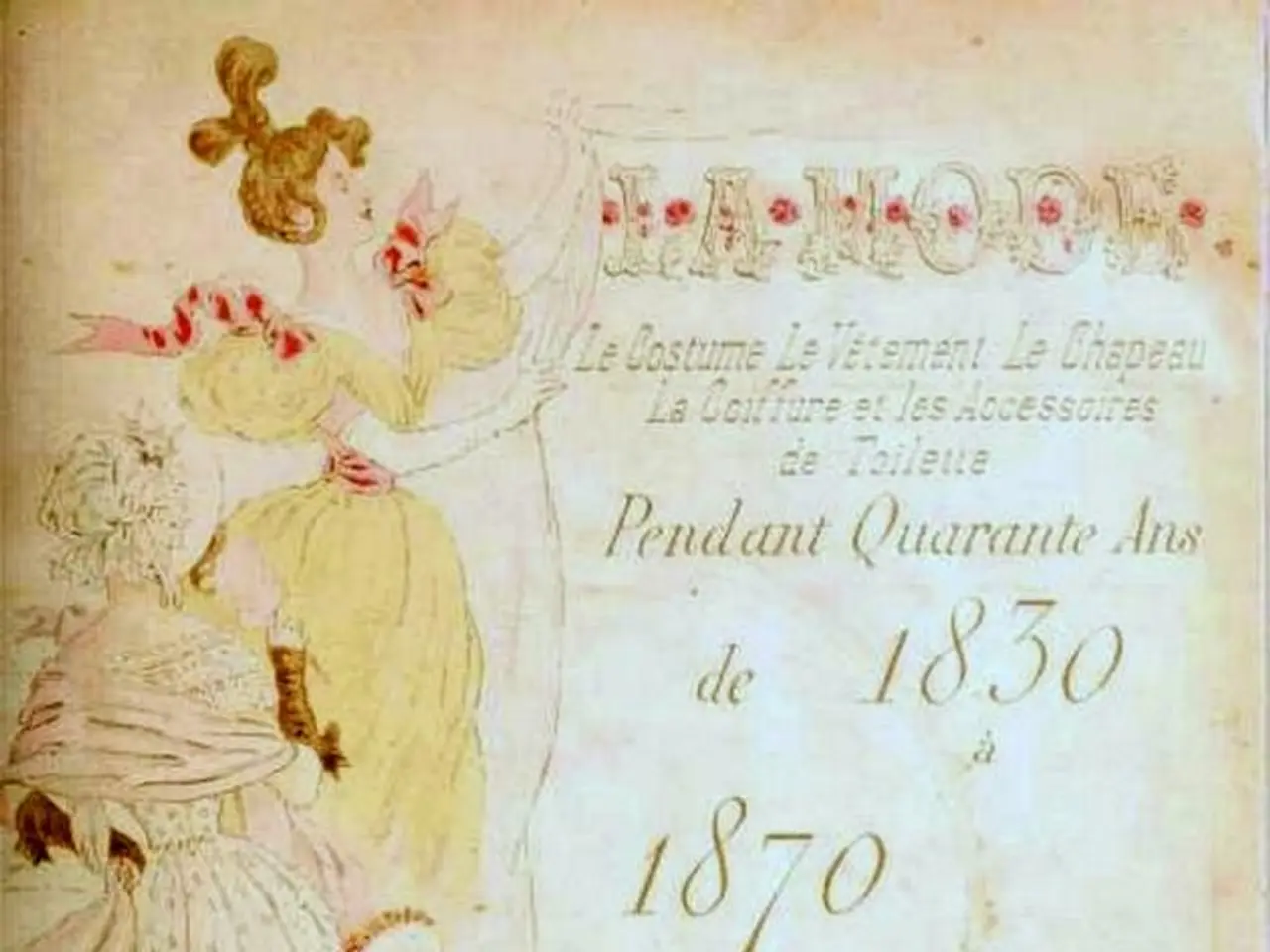Minimal Gender Designation for Wolfram Weimer in His Minister of Culture Role
Germany's Minister of Culture Implements Ban on Gender Symbols
In a move that has sparked controversy and polarized public opinion, Wolfram Weimer, Germany's Minister of Culture and Media Commissioner, has banned the use of gender symbols and gender-inclusive language in official communications of the Chancellor's Office. This policy forbids "gender language" in official letters and documents within his ministry.
The background and reasoning behind this ban appear rooted in Weimer's previous reputation as a right-conservative and somewhat controversial figure, often opposing what he and his supporters may see as "excessive" or "forced" linguistic gender reforms. The ban reflects a broader cultural and political debate in Germany around gender-inclusive language, which some critics argue complicates communication and threatens traditional linguistic structures, while supporters believe it promotes inclusivity and recognition of all gender identities.
Weimer, a self-proclaimed "media person" and former journalist, knows his words will be controversial. His stance on gender symbols has been met with protests from those who see it as an obligation to gender, while others argue that he is spreading untruths. The controversy has escalated an already heated debate, further polarizing public opinion and contributing to a cultural war rather than bridging the gaps in society.
The ban on gender symbols applies to schools and the public administration. It has been defended by the Federal Ministry of Digital Affairs in its explanation of why the federal government does not use the gender star. However, the new rules of the German Council for German Orthography declare "internal word marks" as ungrammatical. The debate surrounding the ban has not contributed to anyone's benefit.
Weimer holds an important position in the Federal Government, and his actions and words have sparked controversy and upset among some members of the public. The controversy has helped Weimer, who is seen as fitting perfectly into the Merz government. Despite the backlash, Weimer continues to stand firm in his decision, maintaining that he is protecting traditional linguistic structures and preventing gender coercion in Germany.
In summary, Weimer's ban represents a symbolic and practical resistance to the growing institutionalization of gender-inclusive language in Germany's political and cultural institutions, contributing to the broader national discourse on gender, identity, and language politics. The controversy surrounding the ban is likely to continue as the debate on gender-inclusive language and its role in society rages on.
In the midst of this debate, Weimer's ban on gender symbols in official communications aligns with his conservative stance and serves as a resistance to the institutionalization of gender-inclusive language in policy-and-legislation. The controversial move has escalated the broader cultural and political discussion around gender-inclusive language in general-news.




